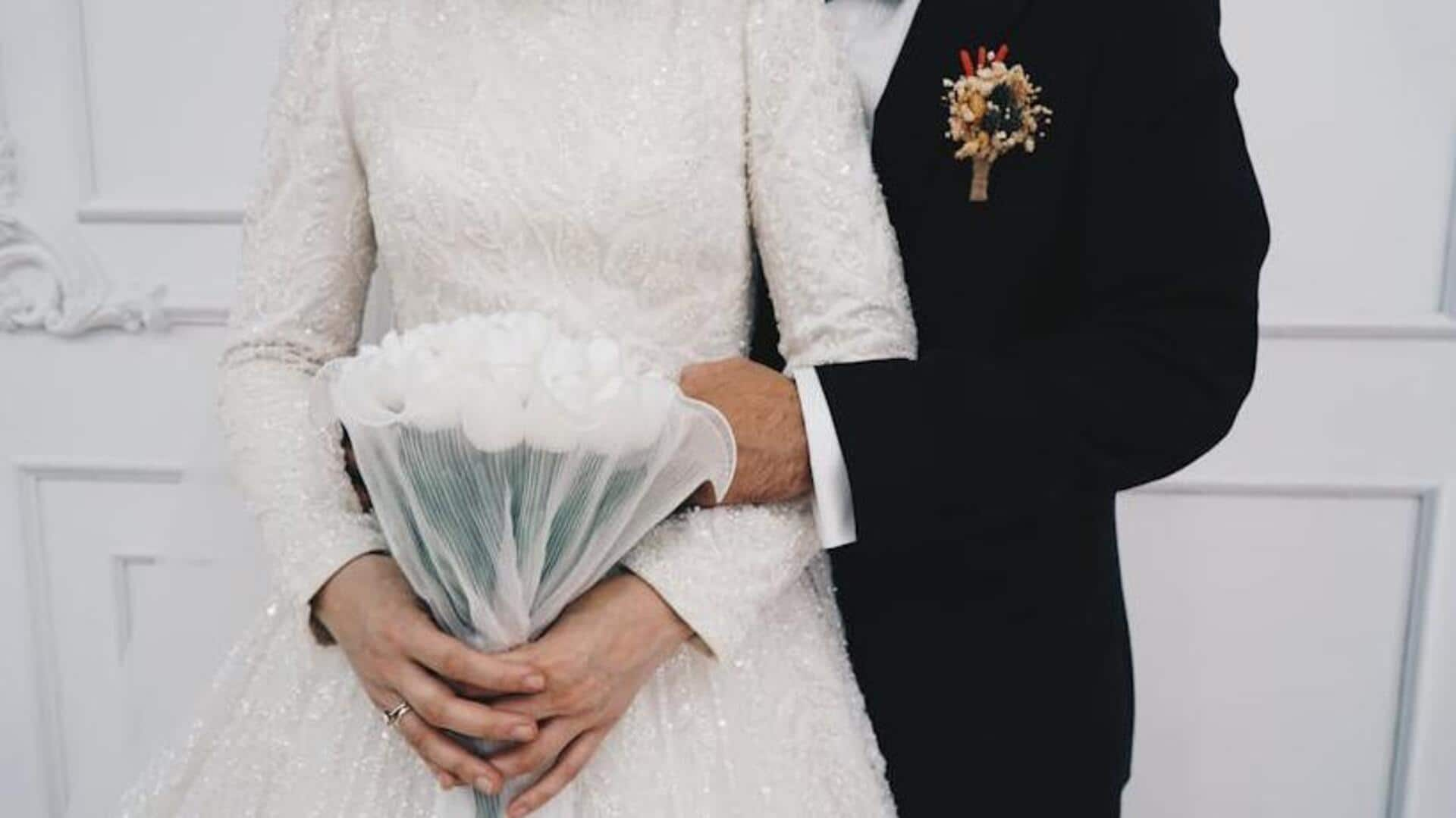
Planning a zero-waste wedding ceremony
What's the story
A zero-waste wedding ceremony is an eco-friendly approach that minimizes waste production and focuses on sustainability. This concept is gaining popularity among couples who wish to celebrate their love without harming the environment. Planning such an event requires careful consideration of every aspect, from invitations to decorations, and catering, ensuring that each element aligns with the goal of reducing waste.
Invitations
Choose digital invitations
Opting for digital invitations over traditional paper ones is a significant step toward a zero-waste wedding. Digital platforms offer a variety of design options that can mimic the aesthetics of physical invitations without the environmental impact. This approach not only saves trees but also cuts down on carbon emissions associated with the production and transportation of paper invites.
Venue
Sustainable venue selection
Choosing a venue that values sustainability can significantly aid your zero-waste wedding objectives. Look for locations that utilize renewable energy sources, have efficient waste management practices in place, and focus on local sourcing for their food and beverages. Some venues are specifically designed to embrace eco-friendly measures, featuring natural lighting, composting options, and fixtures designed to conserve water.
Decorations
Eco-friendly decorations
Decorations set the wedding's mood but often lead to waste. Opt for potted plants or flowers that can be replanted or donated afterward. Use biodegradable or reusable decor like cloth banners over plastic ones. Sourcing materials locally also reduces transportation emissions, aligning with zero-waste goals. This approach significantly cuts down on environmental impact while maintaining aesthetic appeal.
Catering
Conscious catering choices
Food waste is a major issue at weddings. To address this, hire caterers skilled in zero-waste cooking or those willing to craft a menu with seasonal and local ingredients. Ensure they offer compostable or reusable dinnerware and cutlery. Discussing portion control strategies is vital to minimize leftovers, including having guests RSVP with their meal choices in advance, which helps in reducing waste effectively.
Attire
Ethical attire options
The choice of attire for your wedding day plays a crucial role in its environmental impact. Opting for second-hand dresses or suits, renting attire instead of buying new ones, or choosing outfits made from sustainable fabrics can significantly reduce your ceremony's carbon footprint. Encouraging guests to wear something they already own rather than purchasing new outfits specifically for your wedding also supports this initiative.